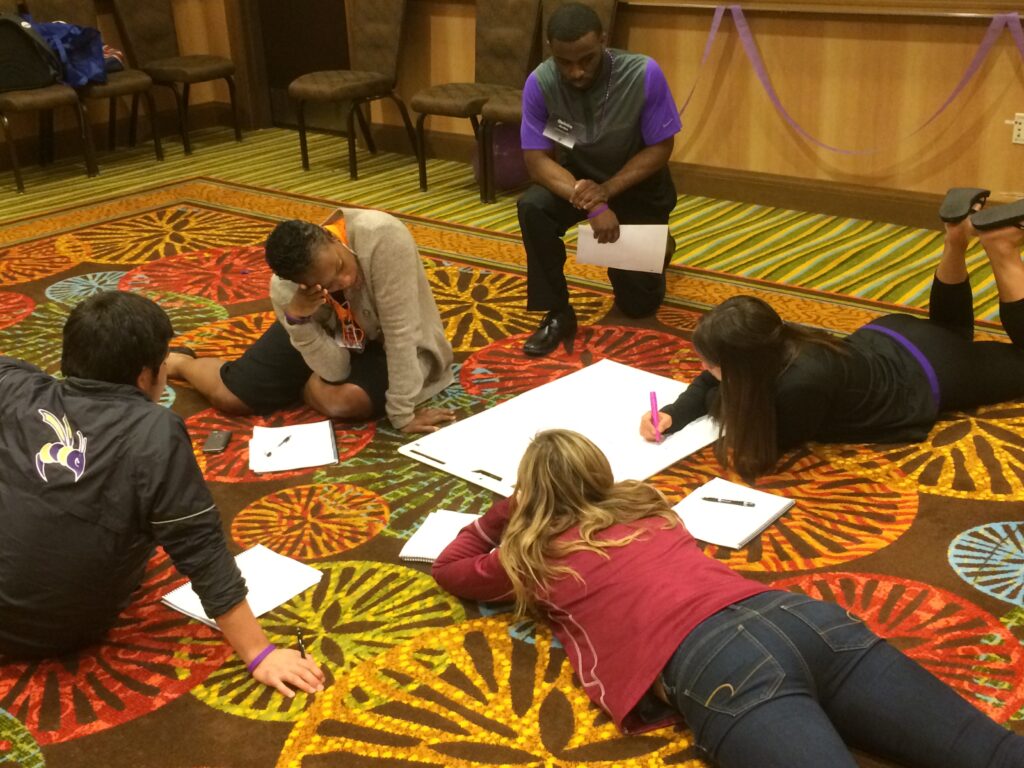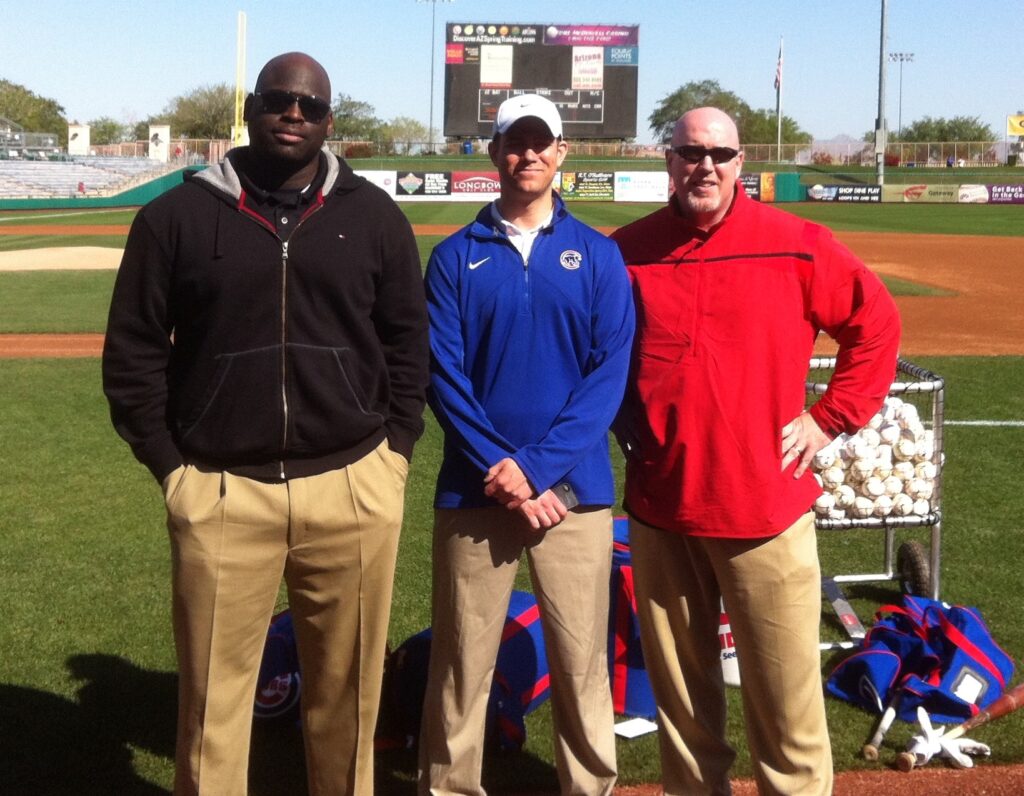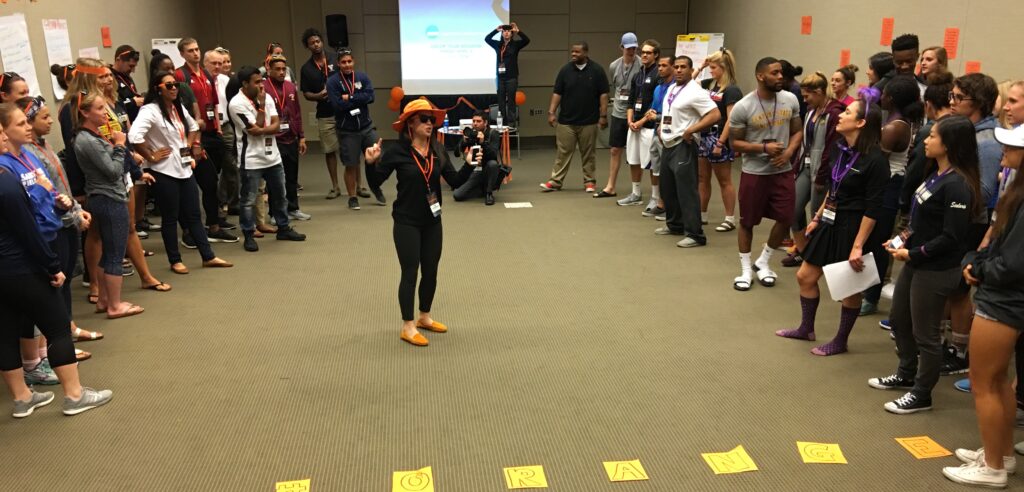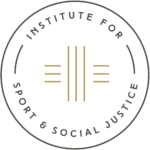Diversity, Equity, Inclusion, & Belonging Training Options
The Institute for Sport & Social Justice is offering a multi-session model to empower organizations with the knowledge and tools to positively impact their culture. This series, named Huddle Up for Equity & Social Justice will engage, empower, and equip sport organizations to rise to the social justice moment. These sessions will inspire leadership, increase trust, and elevate the culture of an organization.
Here is a suggested flow of topics to allow participants to lean into these conversations, and gain knowledge and confidence with each subsequent session. With each of the sessions below, there are continuing education opportunities to advance participant learning and to keep learners engaged in the material in between the live sessions.
Building Community, Building Trust
Key concepts: Vulnerability, Trust, Responsibility
Many people are feeling challenged during this time, challenged to show up, step up and be accounted for in ways that take them out of their comfort zone. This session opens with a discussion of vulnerability as a leadership skill requiring courage. The session is then grounded with the understanding that trust is the most valuable currency members of a community can share. Participants will consider the implications of racism on trust for all relationships. The participants are asked to consider what they believe their role and responsibility is in helping the organization be inclusive. Lastly, participants are invited to share their thoughts on how they’d like the organization to respond to the current social injustice issues.

Unconscious Bias & Empowered Bystanders
Key concepts: Unconscious Bias & Empowered Bystanders
One of the main culprits preventing organizations from achieving real inclusivity is unconscious bias. And because many forms of bias are “unconscious” they are challenging to eradicate. We will engage participants in activities to help them see the biases that inform their lived experience, and then shift that lens to the workplace. Focusing on the workplace will challenge participants to see the impact stereotypes and bias have on recruiting and hiring practices, career opportunities, assignments, and simply whose voices get elevated during meetings. An introduction to the bystander approach to prevention provides the foundation for skill-development, empowering co-workers to identify and address bias as they observe it.

The Impact of Racism
Key concepts: Systemic Racism, Personal impact of racism
Participants will share in an opening discussion about how we can employ empathy instead of shame as a tool for social justice education. We will build understanding of key concepts and frequently used terms in our culture – Black Lives Matter, racism, antiracism, and systemic racism are among the terms clarified. Allan Johnson’s quote, “Our collective house is burning down, and we’re tip-toeing around afraid to say “Fire,” reinforces the point that our words matter, and we have to be more intentional about how we discuss social justice issues like racism.
Intersectionality & Categories of Privilege
Key concepts: Intersectionality & Privilege
This session illuminates the full scope of privilege categories, including the aspects of intersectionality that must be acknowledged. Put simply, intersectionality is the recognition that most people have multiple identities that affect their life experience. Too often conversations center one aspect of a person’s identity while pushing others to the background, i.e. talking about race but not gender. This oversight often causes harm and contributes to oppressive attitudes or experiences. In this session participants will learn how the various systems of oppression overlap, and their necessity to identify how these layers serve as barriers to people bringing their full selves to the workplace.
Equality vs. Equity
Key concepts: Equality vs. Equity, Sexism
This session will help participants put their ongoing learning to work in analyzing ongoing diversity, equity, and inclusion challenges within their organization. The session will tease out the differences between the long-held American ideal of equality, with the 21st Century concept of striving for equity. A common example of the equity vs. equality dichotomy is that equality is giving everyone a pair of shoes while equity is giving everyone a pair of shoes that fits. Establishing an awareness of individual needs aligns organizations with the platinum rule of treating people the way they want to be treated, which elevates their ability to fully participate in your workplace culture. This session will also infuse understanding and examples of sexism as a concrete example for an equity discussion.

Engage, Empower, Equip
Key concepts: Leadership tools, Bystander intervention tools
This session will provide scenario based problem-solving opportunities for participants to apply their social justice learning and their skills as allies, bystanders, and leaders. The scenarios will direct participants to consider the various dynamics present in each workplace social justice issue, ranging from co-worker relationships to the values of the organization, and then work through effective strategies for addressing the situation. Small groups will be assigned scenarios and charged with reporting out to the large group their understanding of the situation, and strategy for intervention.
Power of Language & Symbols
Key concepts: Power of Language, Power of Symbolism
Organizations are often interested in addressing sexist, racist, and homophobic behavior, with many having clear consequences for bullying, harassment, and aggression. This session helps participants connect the dots between the behavior they are observing, whether that is internally with employees or externally with fans, and the root causes. The power of language and symbols insocieties at large, and within sporting culture, are considerable and have impact on how we treat one another. Language and symbols can unify and exclude. Participants will follow a through-line starting with stereotypes, and moving through prejudice and discrimination to understand how our perceptions our formed and how those perceptions influence our behavior. Examples of fan behavior will illustrate how this can surface through racist and homophobic customs.
Additional Sessions Include:
- LGBTQ+
- Sexism in Sport Organizations: Creating a Safe Work Environment
- The Power of Language & Symbols
- Living Your Values, Defending your Culture
- Navigating the Multi-Generational Workplace
- Defending your Culture, Living your Values
- Emotional Intelligence: Leadership Skills for the 21st Century
- Bringing a Growth Mindset to all aspects of your work
Contact Dr. Shannon Spriggs Murdoch at (617) 953-6899/[email protected]
Matt Hauptman, Team Member, Stoneman Douglas High School
We wanted to bring positivity and happiness back to our community.
